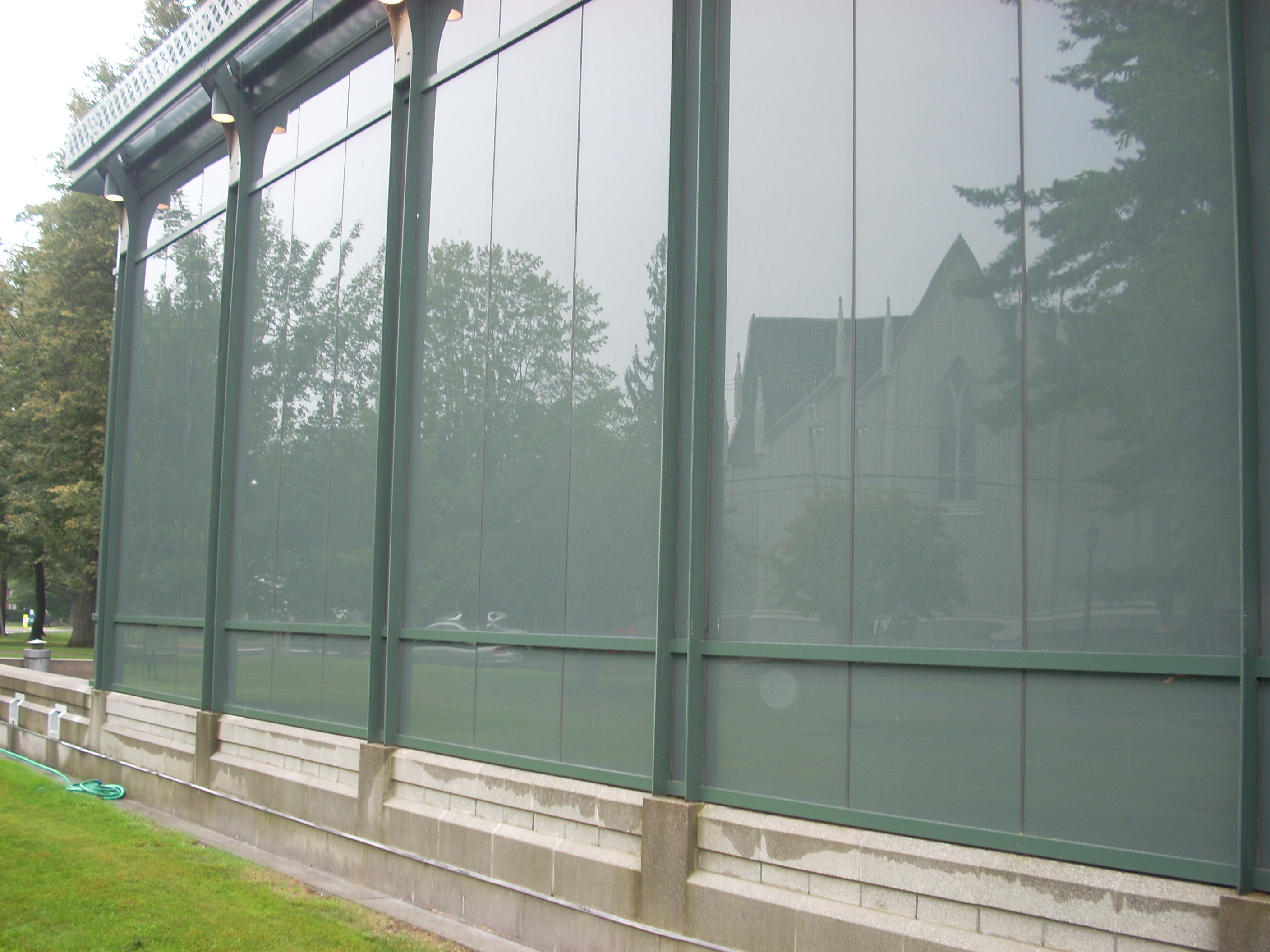
There is a second scenario with regard to a setting in which the desire for other people to be open is not acknowledged. This is a setting that is filled with betrayal. We feel that we were betrayed by our spouse or our boss and believe that we can no longer trust anyone. We refuse to acknowledge a fundamental paradox: it is precisely at this moment of maximum betrayal and mistrust (of intentions) that we most need to trust our friends and other family members so that we can not only be open with them about our grief, but they can be open with us about their sorrow regarding our betrayal as well as their own experiences of betrayal (they are not our non-disclosing therapist – they are our mutually-sharing friend or family member).
The third scenario regarding Quad Two placement of reactive need for disclosure on the part of other people concerns settings in which there is maximum ambiguity and minimal structure—such as we find in t-groups, sensitivity groups and Encounter groups (American school). In such a setting, we assume that everyone wants to be open—otherwise, why would they participate in this program. This assumption often is not acknowledged by us (hence is located in Quad Two), but may have a major influence over our own behavior in the group and our own readiness to receive information from other people about themselves (Quad Three to Quad One) and about ourselves (Quad Two to Quad One).
The British school offers an even more profound interpretation. Members of a group (for example, in a Group Relations conference) not only assume (in an often- unacknowledged way) that other members of a group want to be open, they also collude to ensure that this open disclosure takes place. Group members are punished (criticized, ostracized) for not being “genuinely” open regarding their thoughts and feelings regarding the overall group and specific members of the group.
There are three other scenarios that we can play out with regard to Quad Two openness—either our own openness or are desire that other people be open with us. Typically, people who have deep insights about us in their professional capacity—as our therapist, counselor or coach–often believe that we want to be open with them, but that we are unaware of this need. They “know” (assume) that we want to be open because we have sought out their help; however, the issue of openness (and our resistance to being open) might be one of the fundamental issues we wish to address in our sessions with them. In addition, these human service professionals typically assume either that we don’t want them (as our professional helper) to be open with us, or that we understand that it is inappropriate for them to be open with us (even though we might want this to occur).







